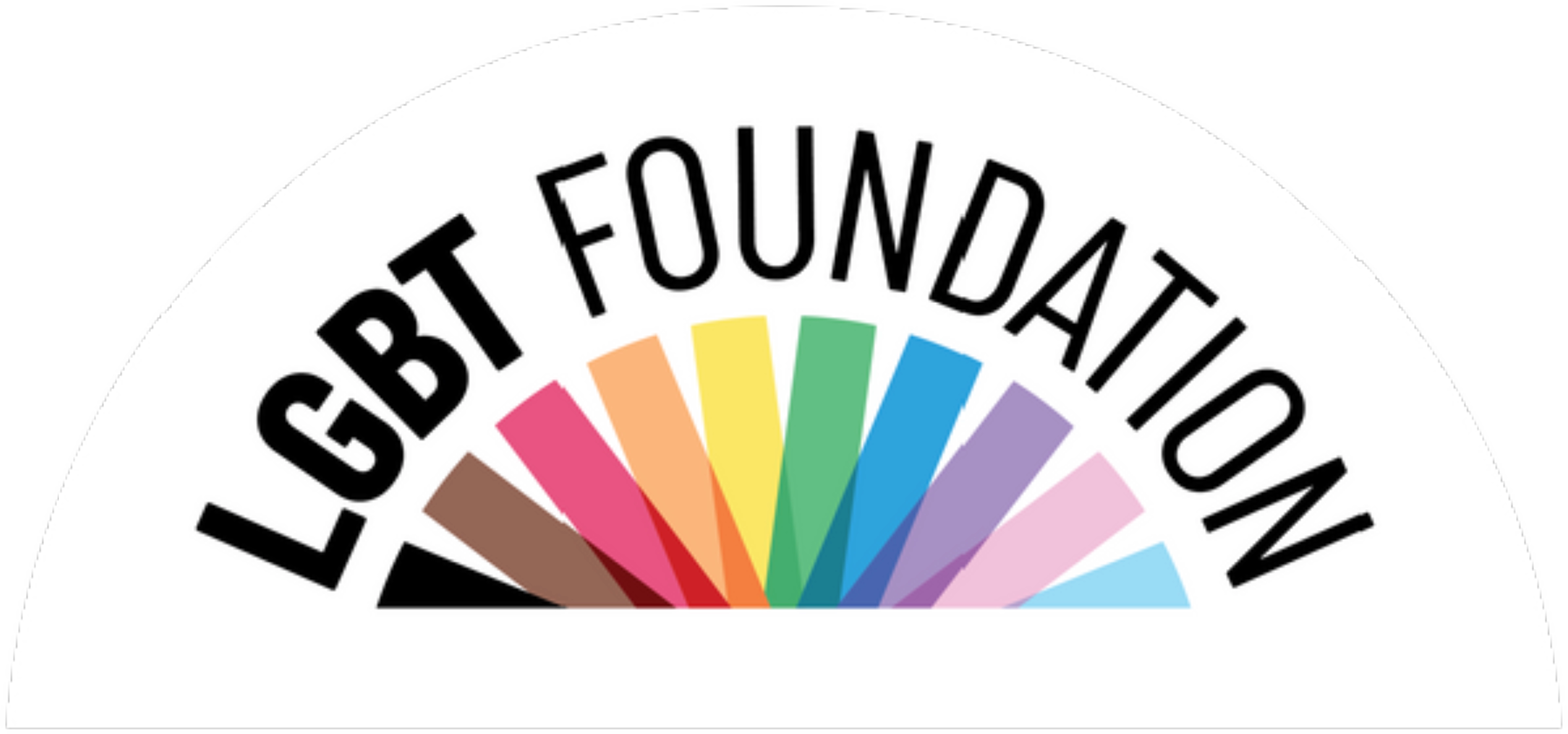We use cookies to help provide you with the best possible online experience.
By using this site, you agree that we may store and access cookies on your device. Cookie policy.
Cookie settings.
Functional Cookies
Functional Cookies are enabled by default at all times so that we can save your preferences for cookie settings and ensure site works and delivers best experience.
3rd Party Cookies
This website uses Google Analytics to collect anonymous information such as the number of visitors to the site, and the most popular pages.
Keeping this cookie enabled helps us to improve our website.
Equality and Diversity Policy
Introduction
Policy Statement
The Practice values the rich diversity, skills and abilities that people from differing backgrounds and experiences bring to the workplace. Implementing and abiding by a policy that provides for diversity and equal opportunities and deters unlawful discrimination is therefore important to this Practice.
Every person working for, or on behalf of, this Practice plays a vital role in implementing its aim to create an inclusive working environment where diversity is welcomed and everyone can work without fear of discrimination.
The purpose of this policy is to set out the aims of the Practice in creating an inclusive working environment, where access to work is based on fair and objective criteria, where there is zero tolerance of unlawful discrimination and clear processes exist in terms of how the practice supports and works towards its aims.
The Practice also aims to be clear about how it will deal with actions that adversely impact on its stated aims.
A key aspect of creating a diverse workplace, with equal opportunity afforded to all, is the non-toleration of any form of discrimination, direct or indirect, within working arrangements and practices.
Status
The Practice aims to design and implement policies and procedures that meet the diverse needs of our service and workforce, ensuring that none are placed at a disadvantage over others, in accordance with the Equality Act 2010. Consideration has been given to the impact this policy might have in respect to the individual protected characteristics of those to whom it applies.
This document and any procedures contained within it are non-contractual and may be modified or withdrawn at any time. For the avoidance of doubt, it does not form part of a contract of employment.
Training and Support
The Practice will provide guidance and support to help those to whom it applies understand their rights and responsibilities under this policy. Additional support will be provided to managers and supervisors to enable them to deal more effectively with matters arising from this policy.
Scope
Who it applies to
This document applies to all employees of the Practice, Partners and other individuals performing functions in relation to the Practice, such as agency workers, locums and contractors.
This policy recognises that the diversity that exists across the Practice’s patient groups should be reflected in the way the practice operates in terms of diversity within its employees. Also, the fair and objective treatment of others should be part of the way the practice does things.
The Practice will ensure that its working practices – including how such aspects as recruitment and selection, learning and development opportunities, promotion opportunities, pay and terms of employment and disciplinary and grievance matters are addressed– demonstrate its commitment to fairness and equity, equality of opportunity and that it is free from any bias that is founded in unlawful discrimination.
Why and how it applies to them
Everyone is required to assist the Practice in meeting its commitment to provide equal opportunities and avoid unlawful discrimination in employment and in the provision of its services
Individuals can be held personally liable as well as, or instead of, the Practice, for any act of unlawful discrimination and those who commit serious acts of harassment may be guilty of a criminal offence.
Acts of discrimination, harassment, bullying or victimisation against employees, patients or others with whom the Practice has contact are disciplinary offences and will be dealt with under the Practice's disciplinary procedure. Conduct of this type will often be gross misconduct which can lead to dismissal without notice.
Definition of terms (where appropriate)
Protected Characteristics
These are the nine characteristics protected under the Equality Act 2010:
- Age
- Disability
- Gender reassignment
- Marriage and civil partnership
- Pregnancy and maternity
- Race
- Religion or belief
- Sex
- Sexual orientation
- Direct discrimination
Where a person is treated less favourably because of a protected characteristic (as listed above).
Indirect Discrimination
Where the employer applies a practice, requirement or condition which applies equally to all individuals, but which:
Has an adverse disproportionate impact on a group of people because of a protected characteristic
The employer cannot show to be justified, and; It causes detriment to the individual.
Guidance
The Law
The key legislation that the Practice’s policy relates to is the Equality Act 2010.
It is unlawful to discriminate directly or indirectly in recruitment or employment because of age, disability, sex, gender reassignment, pregnancy and maternity, race (which includes colour, nationality and ethnic or national origins), sexual orientation, religion or belief or because someone is married or in a civil partnership. These are known as "protected characteristics".
It can also be unlawful to discriminate unfairly on the grounds of trade union membership and activity, political belief and in relation to criminal convictions.
Discrimination after employment can also be unlawful, e.g. refusing to give a reference for a reason related to one of the protected characteristics.
It is generally unlawful to discriminate directly or indirectly, harass or victimise an employee or member of the public based on any of the protected characteristics in relation to their employment or the provision of services or goods. It is unlawful to fail to make reasonable adjustments to overcome barriers to work or in using services caused by disability.
Dealing with Discrimination
Acts of discrimination (direct or indirect), whether intentional or unintentional, undermine the Practice’s aim of creating an inclusive working environment. Therefore, the Practice will take steps to promote diversity and educate everyone to ensure that its work activities and environment do not foster any unfair bias or discrimination. The Practice will also ensure that its processes and procedures are free from unfair bias and that it will act promptly to deal positively with acts that are discriminatory.
The Practice will not tolerate any form of bullying, harassment, victimisation or other behaviour that is founded in discrimination, in line with its bullying and harassment policy.
The Practice will fully investigate any complaint of discrimination, harassment, victimisation or bullying or any situation that comes to its attention where there is a concern that discrimination lies within it. The Practice will ensure that the matter is properly dealt through its formal procedures. Any such proven behaviour that amounts to an act of discrimination, directly or indirectly, on the part of an employee will lead to disciplinary action being taken and may result in dismissal for gross misconduct. Any person working as a contractor within the Practice who commits such an act will have their contract for services terminated.
If an employee believes they have been subjected to any form of discrimination or harassment, victimisation or bullying that is founded in discrimination, they should advise their line manager or another senior manager/partner and discuss the matter with them. Their role is to help the employee and to determine an appropriate means of dealing with the issue, which may include making a complaint through the Practice’s grievance procedure.
Where the Practice becomes aware of any indication of the existence of discrimination (or its potential existence), it will act promptly and robustly to establish the true nature of the situation and take appropriate action in line with its commitment to this policy.
Equality in Recruitment and Selection
The recruitment and selection process is crucially important to the Practice’s equality and diversity policy. The Practice will endeavour through appropriate training to ensure that employees making selection and recruitment decisions do not discriminate, whether consciously or unconsciously, in making these decisions.
- Promotion and advancement will be made on merit and all decisions relating to this will be made within the overall framework and principles of this policy
- Job descriptions, where used, will be revised to ensure that they are in line with the Practice’s equal opportunities policy. Job requirements will be reflected accurately in any person specifications
- The Practice will adopt a consistent, non-discriminatory approach to the advertising of vacancies
- The Practice will not confine its recruitment to areas or media sources which provide only, or mainly, applicants of a particular group
- All applicants who apply for jobs with the Practice will receive fair treatment and will be considered solely on their ability to do the job
- All employees involved in the recruitment process will periodically review their selection criteria to ensure that they are related to the job requirements and do not unlawfully discriminate
- Short listing and interviewing will be carried out by more than one person where possible
- Interview questions will be related to the requirements of the job and will not be of a discriminatory nature
- The Practice will not disqualify any applicant because he/she is unable to complete an application form unassisted unless personal completion of the form is a valid test of the standard of English required for the safe and effective performance of the job
- Selection decisions will not be influenced by any perceived prejudices of other staff
Monitoring
The handling of personal data is controlled by the General Data Protection Regulation (GDPR) and associated legislation. GDPR requires the Practice to comply with a number of principles regarding privacy and disclosure when handling equality data (i.e. 'special categories of data'), including ensuring such data are processed, stored and used for limited purposes, and always in accordance with Article 9 of the GDPR. The GDPR includes measures to ensure that information is processed fairly and seeks to protect individuals' rights to confidentiality.
Documents including such data will be processed in accordance with the GDPR and data protection legislation and individuals have, on written request, the right of access to personal data held about them.
The Practice will maintain and review the employment records of all employees in order to monitor the progress of this policy.
Monitoring may involve:
- The collection and classification of information regarding certain “protected characteristics”, e.g. race, ethnic/national origin, sex, etc. of all applicants and current employees
- The examination of this information with regard to the distribution of employees and the success rate of the applicants; and
- Recording recruitment, training and promotional records of all employees, the decisions reached and the reason for those decisions
The results of any monitoring procedure will be reviewed at regular intervals to assess the effectiveness of the implementation of this policy. Consideration will be given, if necessary, to adjusting this policy to afford greater equality of opportunities to all applicants and staff.
Educating and Promoting Equality and Diversity
The Practice will ensure that staff understand how to positively promote diversity and equality in their execution of work activities and by their own attitudes and behaviour.
Everyone must be aware that their actions influence others and therefore being positive about diversity and equality will have a positive influence in the workplace and the wider community that the practice serves.
Promotion of diversity and equality will be a key consideration as policies, procedures, protocols and processes are developed, implemented, monitored and reviewed. This will ensure that they are free from any unfair discriminatory bias, particularly in the approach to employment (including such areas as recruitment and selection, promotion, pay and terms of employment, performance review and training and development).
It is essential that decisions about all aspects of employment are based on objective criteria and that reasonable adjustments are made to the way the Practice works that encourage, accommodate and facilitate diversity within the Practice team.
Surgeries
 Armed Forces veteran
Armed Forces veteranfriendly accredited
GP practice

Pride in
Practice
Gold
 disability
disabilityconfident Committed

RCGP Active Practice
Providing NHS Services
Contact
St Lawrence Surgery
79 St Lawrence Avenue
Worthing
West Sussex
BN14 7JL
Telephone: 01903 222 900

